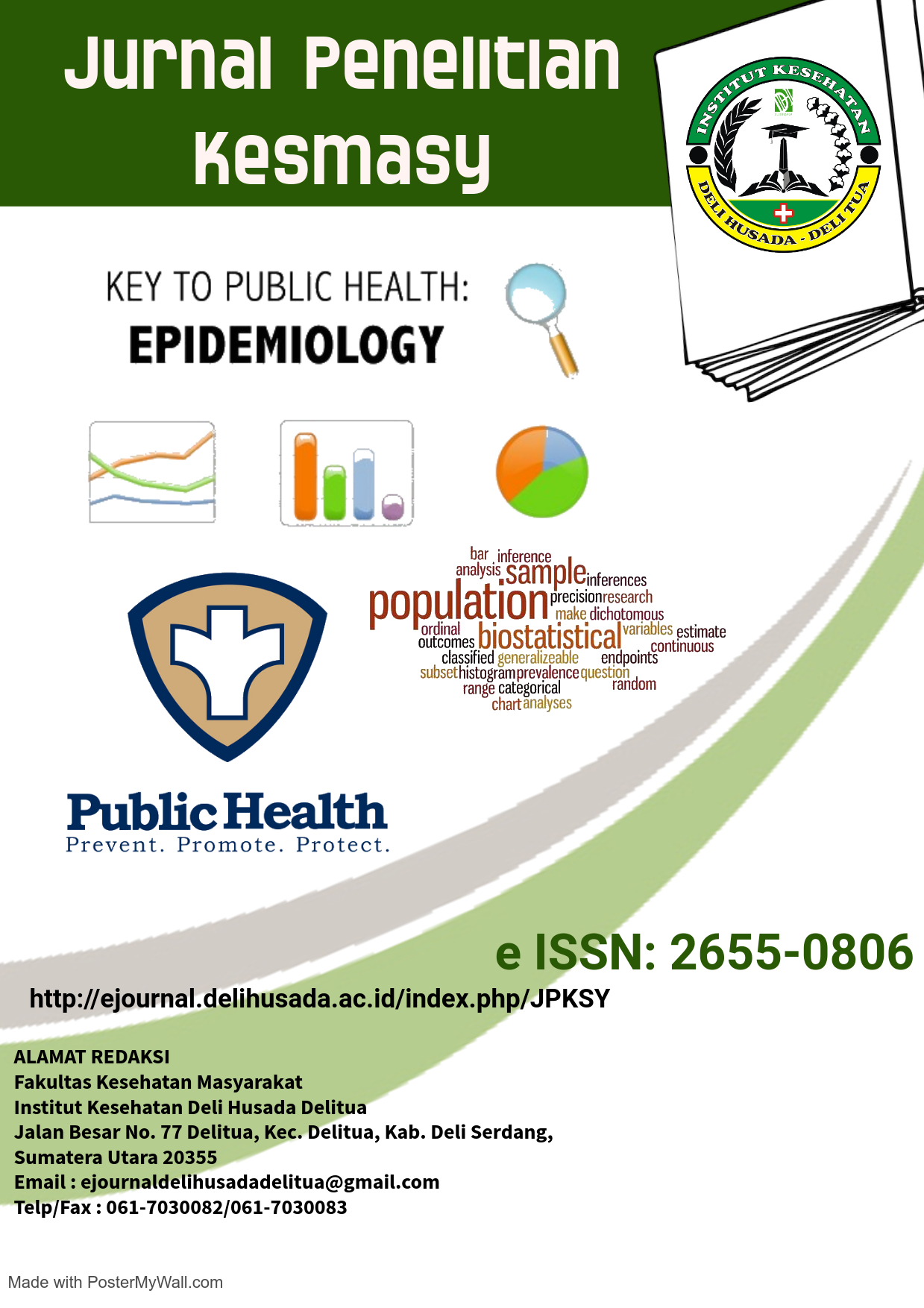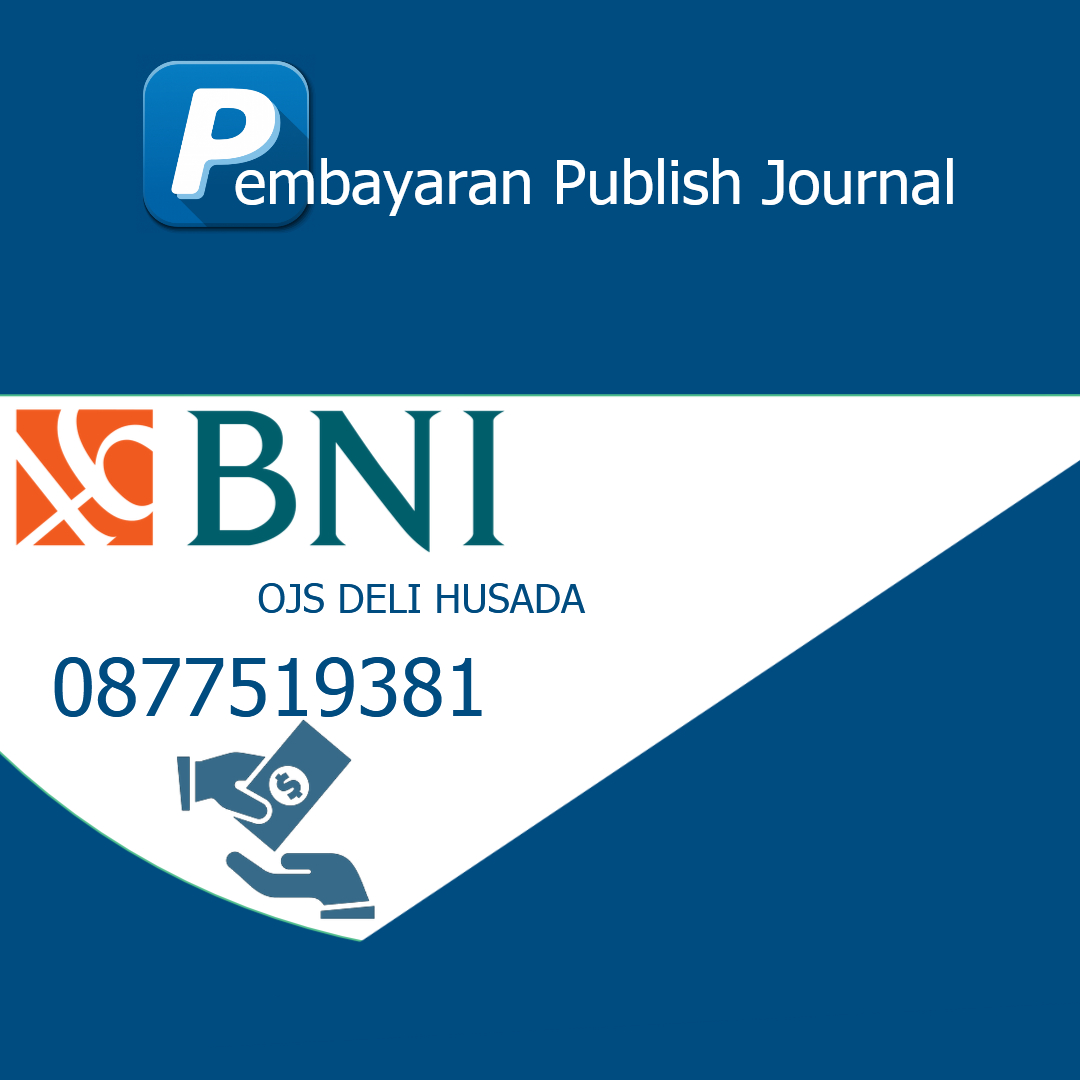MENINGKATKAN KEMAMPUAN BERBICARA BAHASA INGGRIS PADA MAHASISWA ADMINISTRASI RUMAH SAKIT DENGAN MENGGUNAKAN ACTION LEARNING STRATEGY
MENINGKATKAN KEMAMPUAN BERBICARA BAHASA INGGRIS PADA MAHASISWA ADMINISTRASI RUMAH SAKIT DENGAN MENGGUNAKAN ACTION LEARNING STRATEGY
Abstract
There are four skills for studying English: Reading, Listening, Speaking and writing. For administration students Speaking skill is really important to be mastered. The data show that there are many students get struggle for mastering speaking English. They only know how to write and answer the question in writing. Action Learning Strategy helps students to improve the speaking skill by applying the strategy in teaching learning process in the classroom. There are two phases for applying the Action Learning Strategy (ACA) in this research. The data were got from observation, interview, and Speaking skill test. The first phases from observations of the students. The result of observation showed Action Learning Strategy is recommended by students. The data from interviewing shows that there few of students brave to practice or speak in front of classroom. Most of students seldom to speak up in English and prefer wring than speaking. The first phase shows the students’ speaking skill ability score 70. At the second phase, by the observation and interview data showed that students more actively participate on discussion, practice speaking in front of the classroom and had good improvement on English Speaking skill. Applying Action Learning Strategy (ACA) in the teaching learning process on Speaking skill can improve students’ speaking ability for Hospital Administration Students at Institut Kesehatan Deli Husada Deli Tua.
References
Fabra, L. R. (2022). Factors affecting pronunciation accuracy in english as a foreign language: the case of spanish-catalan intermediate learners. Journal of the Spanish Association of Anglo American Studies, 44(2), 45–64. https://doi.org/ 10.28914/Atlantis-2022-44.2.03
Hanifa, R. (2018). Factors generating anxiety when learning EFL speaking skills. Studies In English Language and Education, 5(2), 230
Kemmis, S., & McTaggart, R. (1990). The action research reader 3rd Edition. Deakin University.
Nur, S., Hardini, T. I., Patak, A. A. (2021). Non-native English lecturers’ motivational practices in a tertiary educational environment. Indonesian Journal of Applied Linguistics, 11(2). 440-451. https://doi.org/ 10.17509/ijal.v11i2.32852
Puspandari, L.E, & Basthomi, Y. (2020). The influence of madurese dialect toward students’ English word stress production. Indonesian Journal of Applied Linguistics, 12(1). 147-155. https://doi.org/10.17509/ijal.v12i1.46896
Riadil, I. G. (2020). EFL students in speaking skill: identifying english education students perceptions of the psychological problems in speaking. JETAL: Journal of English Teaching & Applied Linguistic, 2(2), 8–20. https://doi.org/10.36655 /jetal.v2i2.266’
Shimamoto, D. (2022). How advanced-level Japanese EFL learners manage disagreements in group discussion. The Journal of Asia TEFL, 19(3), 777-796. http://dx.doi.org/10.18823/asiatefl.2022.19.3.3.777
Tampubolon, J. (2020). Improving students’ speaking skill through debate technique. The Seall Journal, 1(2). 41-50. Basturkmen, H. 2006. Ideas and options in English for specific purposes. New Jersey: Lawrence Erlbaum Associates, Inc., Publishers Chaput
Tavakoli, P., & Hunter, A. M. (2018). Is fluency being ‘neglected’ in the classroom? Teacher understanding of fluency and related classroom practices. Language Teaching Wilang, J. D. & Vo, T. D. (2018). The complexity of speaking anxiety in a graduate EFL classroom. The Journal of Asia TEFL,15(3), 682-699.Research, 22(3), 330–349
Wilang, J. D. & Vo, T. D. (2018). The complexity of speaking anxiety in a graduate EFL classroom. The Journal of Asia TEFL,15(3), 682-699.
Zuber-Skerritt, O. (2002). The concept of action learning. The Learning Organization, 9(3), 114–124. https://doi.org/10.1108/0969647021042883







